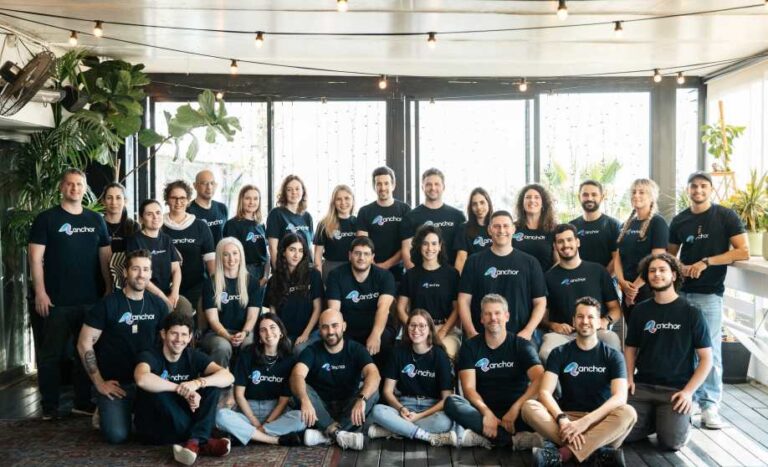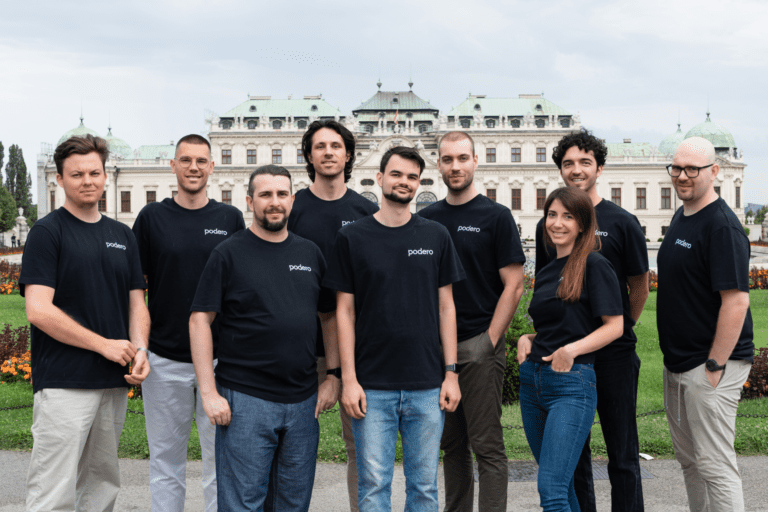Latest Post
The aviation sector accounts for about 2-3% of worldwide CO₂ emissions, which makes the sector a massive source of global greenhouse gas emissions. With the ever-increasing demand for air travel, alternative sources of energy for conventional jet fuels have been an imperative for this sector. In this light, Lydian Labs is leading the way forward with cutting-edge technology to make sustainable aviation fuels from CO₂ and renewable electricity.

Established in 2021 by a team of engineers, scientists, and industry experts, Lydian Labs is working to decarbonize the aviation industry. The company’s headquarters are located at 750 Main St, Cambridge, MA 02139. Since its inception, Lydian has achieved remarkable milestones, including the production of its first fuel product and the successful commissioning of a pilot demonstration.
Read also: Shift4Good Closes €220M Fund to Propel Sustainable Transportation Innovations
At the heart of Lydian’s innovation is a proprietary high-temperature electric reactor capable of reaching temperatures over 1,000 degrees Celsius. This reactor facilitates the conversion of CO₂ and water into syngas—a mixture of hydrogen and carbon monoxide—through a process known as the reverse water-gas shift reaction. Subsequently, the Fischer-Tropsch synthesis is used to convert syngas into liquid hydrocarbons, which are then refined into jet fuel.
Key Features of Lydian labs Technology:
Modular and Compact Reactors: Designed to be scalable and easy to deploy.
- Flexible Operation: Enables fast startup and load-following to be compatible with intermittent renewable energy sources.
- High Energy Efficiency: A total energy consumption approaching 2 kWh per kilogram for CO₂ reduction is achieved, which is 30% to 50% lower than competing technologies such as CO₂ electrolysis.
- Cost-Effective Materials: Uses cheap materials, not requiring the use of expensive alloys.
- Drop-In Fuel Compatibility: The fuels produced are compatible with existing pipeline and aircraft infrastructure.
Read also: ENAPI raises €7.5M to transform EV Charging
Environmental Impact and Efficiency
Lydia’s process results in lifecycle emissions reductions of up to 99% compared to traditional fossil jet fuels. Captured CO₂ and renewable electricity enable the company to produce carbon-neutral fuels, reducing the impact of aviation on the environment by quite a significant margin.
The company’s process is also very energy efficient, with potential annual energy savings exceeding 200 TWh, which would equal the electricity consumption of over 20 million households.
In September 2023, Lydian closed $12 million in seed funding co-led by Congruent Ventures and Galvanize Climate Solutions. This investment will accelerate the buildout of a pilot plant capable of producing over 5,000 gallons of sustainable aviation fuel annually. By 2027, the company will start commercial production, significantly contributing to the growing demand for sustainable aviation solutions.
Challenges and the Way Forward
At a conceptual level, this technology does give promises of sustainable flying. However, at a practical and scale-up to meet global demands for fuel in aviation, integrating it with available infrastructure, or merely making it financially viable, lots of work must be done on this technology, but Lydian looks ready to scale through the available roadmap and supports through significant investors and strong partners.





